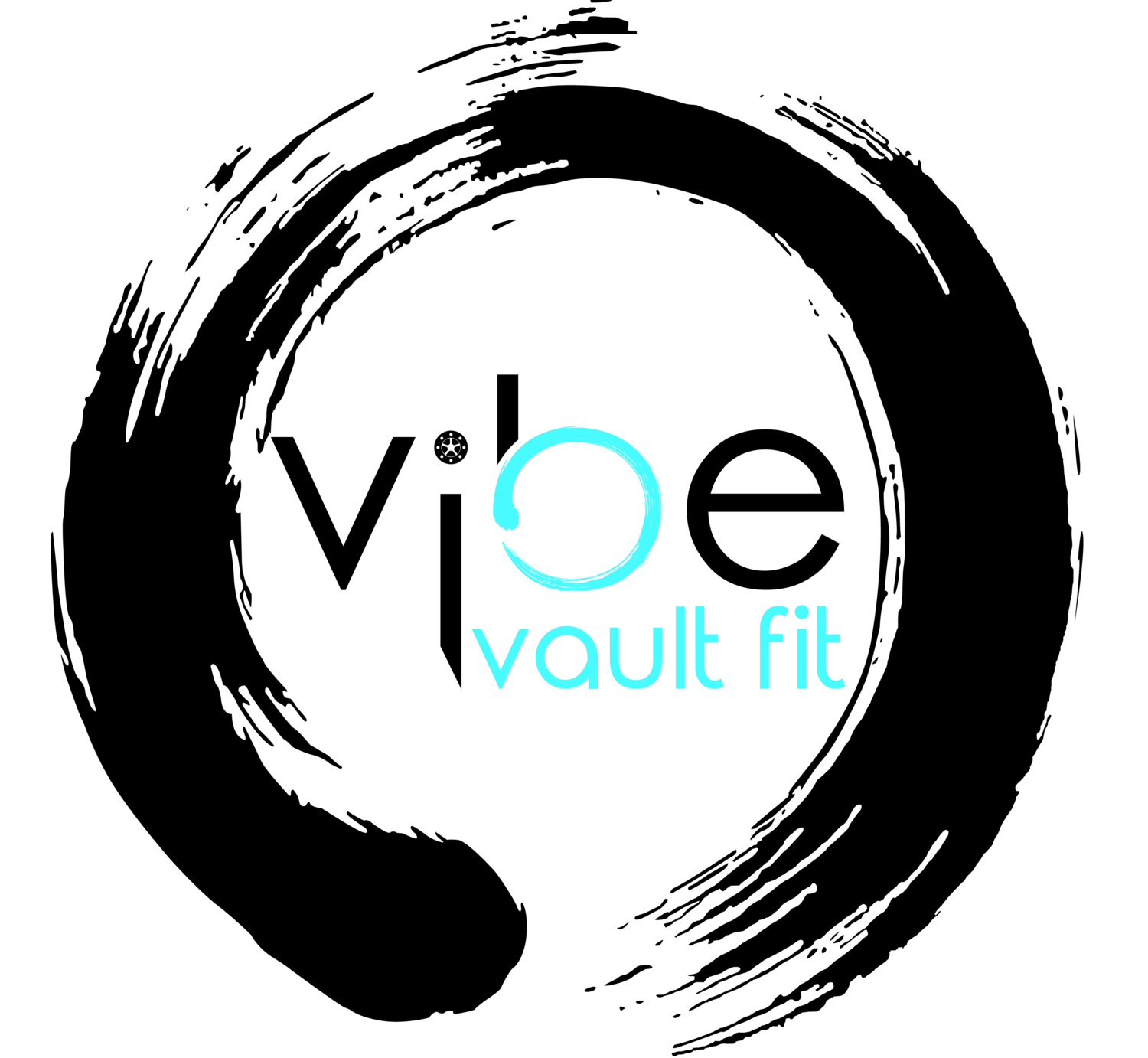Says Who?
Do you have an inner monologue? Most people I know do. Or, if not a full-on monologue, maybe it is some sort of voice inside your head, or a gut check. Or an involuntary response to a situation, person or phrase.
Maybe it says “don’t do that!”
Or maybe it says “this is how you are supposed to do it.”
Or maybe it tries to tell you how to look. Feel. Act. How to behave. How to be “good” or how to “fit in” in this world.
For most people with an inner monologue, that voice tends to sound an awful lot like ourselves. And it can often be loudest when it isn’t being so nice. We usually think that this monologue is the representation of our truest, most authentic thoughts. And that our thoughts are unique to us, born of our own minds, and that they are truly a reflection of who we are.
But have you ever stopped to question that voice? To investigate it and figure out who it really is? Have you ever taken a moment to really dive in and question where those thoughts actually come from?
Because, contrary to what most of us think, we are not actually our thoughts. And, for the most part, our thoughts often don’t even stem from our own selves.
I know that sounds strange. What do you mean, my thoughts are not my own? Who else’s thoughts would they be??
Here’s the thing.
We do not live in a vacuum. We do not live in bubbles. As we grow, we are molded, conditioned, and trained, both overtly and covertly, by the world around us.
Our parents and caretakers worked hard to help us understand and navigate the world in which we find ourselves. Schools, teachers, and religious institutions have outlined for us what they want us to know as right and wrong, good and bad. Movies, music, media, and advertising influence us, whether we realize it or not, as to what is popular, coveted, attractive, and desirable.
And all of this seeps into our very being and creates a blueprint for who we think we need to be. Together, these influences built the foundation for what we think is true. Moral. Good.
And this is where your thoughts are born.
“Oh man, I can’t believe I did that!” might be the echo of the voice of one of your parents. Or maybe of your first grade teacher. Or of a grandparent.
“I’m a failure because I’m not a doctor/lawyer/fill in the blank high-profile career…” might be the shadow left behind from hearing some adult in your childhood talking about high-earning careers being the only ones that “matter.”
“I need to exercise/eat differently to be accepted, loved, and beautiful,” might be the imprint of years of television shows, movies, and advertisements only showing one kind of body type as the popular girl, love interest, or main character.
The exact words may be different for each of us, but the common thread remains - the messages that we have received, both directly and indirectly, have taken root in our hearts, bodies, and minds, and have created words that we have used to guide our lives.
So today I urge you to ask yourself these questions any time those thoughts pop up:
Says who?
Who told me that?
And, probably most interestingly,
Who benefits from that thought?
Because, no matter what the thoughts may tell you, you are allowed to define your own measures for yourself. You are allowed to create your own definitions for success, beauty, worthiness, and lovability. You are allowed to be proud of yourself for being exactly who you are at this moment. You are allowed to turn your back on the industries telling you that your life is full of flaws that can be fixed or cured with this product or that service.
You are not your thoughts. You are the one who hears them. And you are also the one who is allowed to question them. To figure out where they came from. To thank them for trying to protect you. And to dismiss them if they do not match your authentic self.
You are allowed to ask “Says who?”
And if the answer isn’t “me, of course!” then you are allowed to think again.

